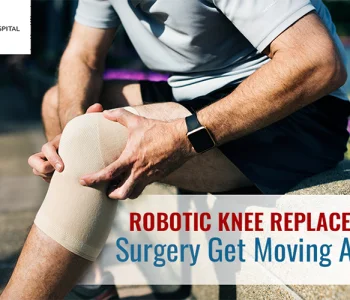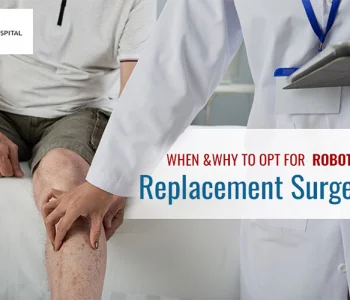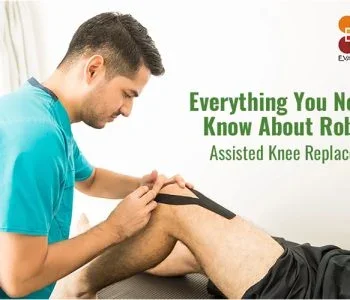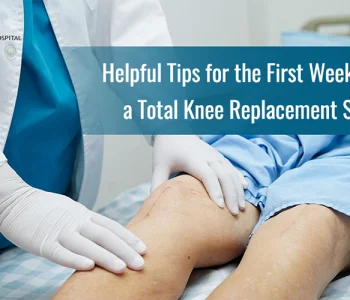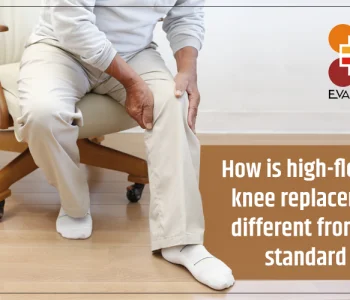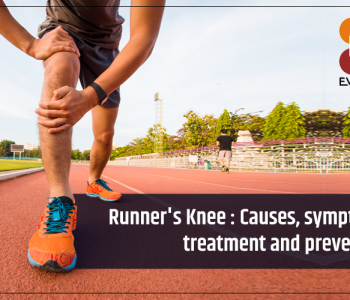How Does Colder Weather Affect My Knee Injury?
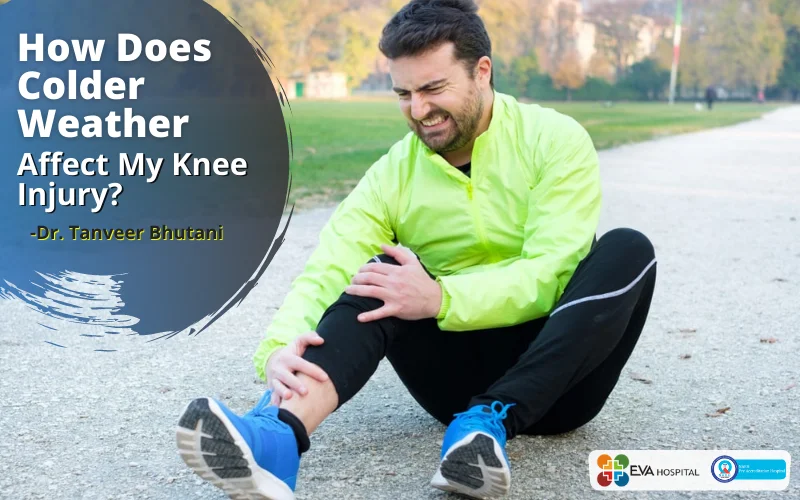 Eva Hospital
Eva Hospital
How Does Colder Weather Affect My Knee Injury?
Come winter and cold weather enhances the pain and stiffness in your foregoing knee injury. It makes one wonder whether it is a medical fact or just a feeling.
No, it is not a misconception but a fact that certain types of knee injuries actually cause more pain and discomfort in the colder weather.
So, What Is the Reason Behind Increased Knee Pain in Winter?
1. Scientifically speaking, cold temperatures cause the fluid in the knees to become a little denser. This fluid is responsible for lubrication and absorbing shocks.
When it thickens, it does not move around as fluidly around the joint. Hence, it causes stiffness and pain for the patient with an already injured joint.
2. Another primary winter side effect is the fall in barometric pressure. Barometric pressure is the weight of the air in the atmosphere.
At lower temperatures, this air pressure plummets. Consequentially, the gases in the knee joints expand and exert extra pressure on nerves. That is why one experiences pain.
Additionally, if the weather is cold and humid, it affects the cellular structures of bones and cartilage of the joints too.
3. Decreased outdoor activity is a by-product of cold weather. Most people remain indoors for maximum hours of a day. This decreased activity is not favorable to joint health. In fact, it pushes up pain perception a notch.
Also Read: Physical Therapy and Exercises After Knee Replacement Surgery
What kind of knee injuries can cause severity?
If the weather is cold, and your knees are not in perfect health (or have a foregoing injury), it can cause the following type of issues:
Knee Trauma: Cold season can affect the muscles that hold your knee joint. The surrounding muscles play an important role in supporting the joint from all sides. When these tissues are warm, they work and move with less effort.
In colder months, they have to work much harder to do the same tasks. The extra energy makes them tired and causes tissue mutilation. Hence, the patient experiences more agony compared to the summers.
Patellar Tendonitis: This condition is also called the “jumper’s knee” in layman’s language. It causes pain while climbing stairs or jumping.
Winters induce stiffness in the tendons and a decrease in circulation, thereby aggravating the injury. The ache spreads below the knee caps.
Runner’s Knee: This is directly related to an overuse of the joints. It is often experienced by sports persons or active joggers.
The rubbing of the kneecap against the thighs causes the running knee condition. The result is cartilage wear and tears. As the weather becomes cold, it makes the surrounding muscles of these joints stiffer, hence triggering the pain.
How can we ease knee pain in winters?
Stay Warm: To ease the pain of your knee injury in cold weather, there are many things you can do yourself.
The first and most important way is to keep your injured joint and surrounding muscles warm. Wear leg warmers, take hot showers/ steam baths and sleep warmly.
Wear Compression Bands: One can also wear knee caps or bands that support the joints, protecting them from cold at the same time.
They should not be too tight though, is as to affect circulation and instigate other problems.
Do Yoga: Follow a regular exercise schedule or Yoga routines for balanced health. It is important to remain active and keep your muscles mobilized.
Yoga protects the body from severities and improves mental and emotional health by getting rid of toxins.
Winter season knee pain triggers are not a myth! Take extra care of your joints and remain active no matter what. There are several places where the winters are really severe and long.
Arthritis and joint injuries become more pronounced and cause aching.
For more specific problems, it is always better to consult your orthopedic specialist so that your winters remain pain-free but further damage can also be avoided.
Knee specialists can advise some bone and muscle strengthening drugs and exercises too.


